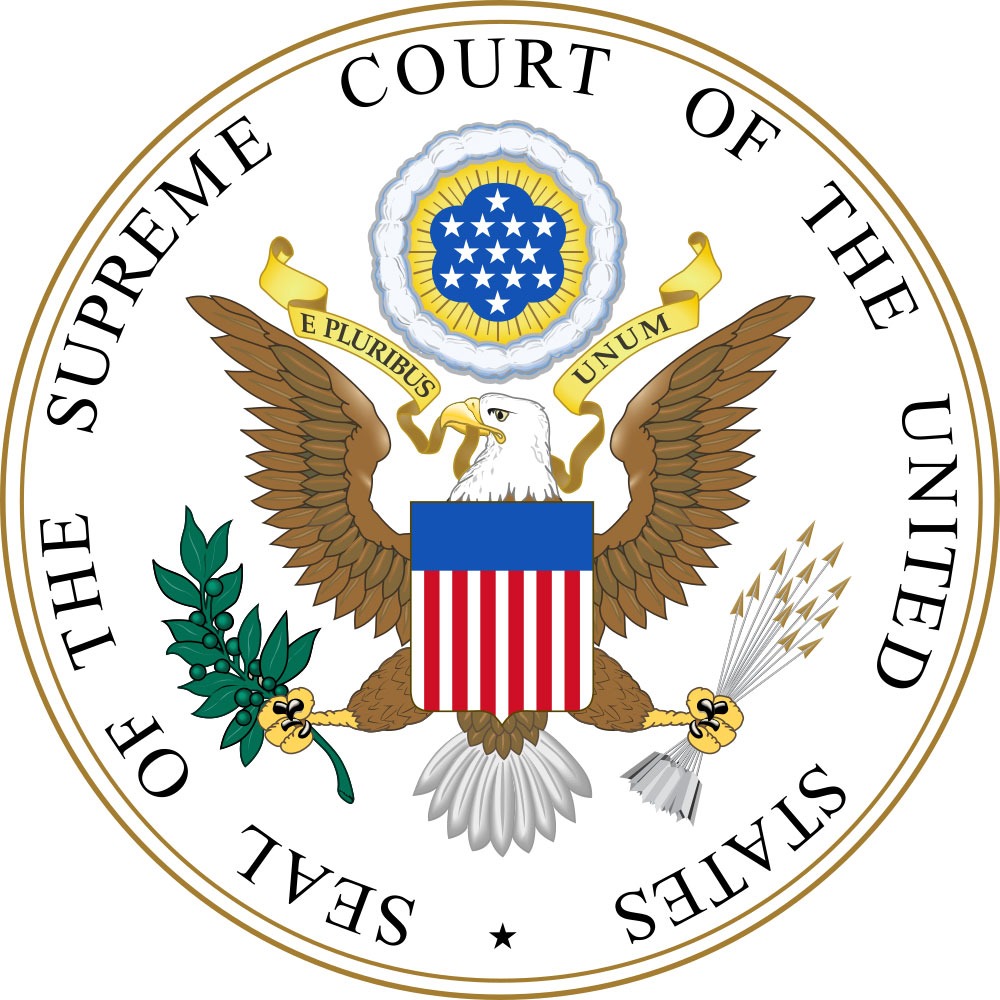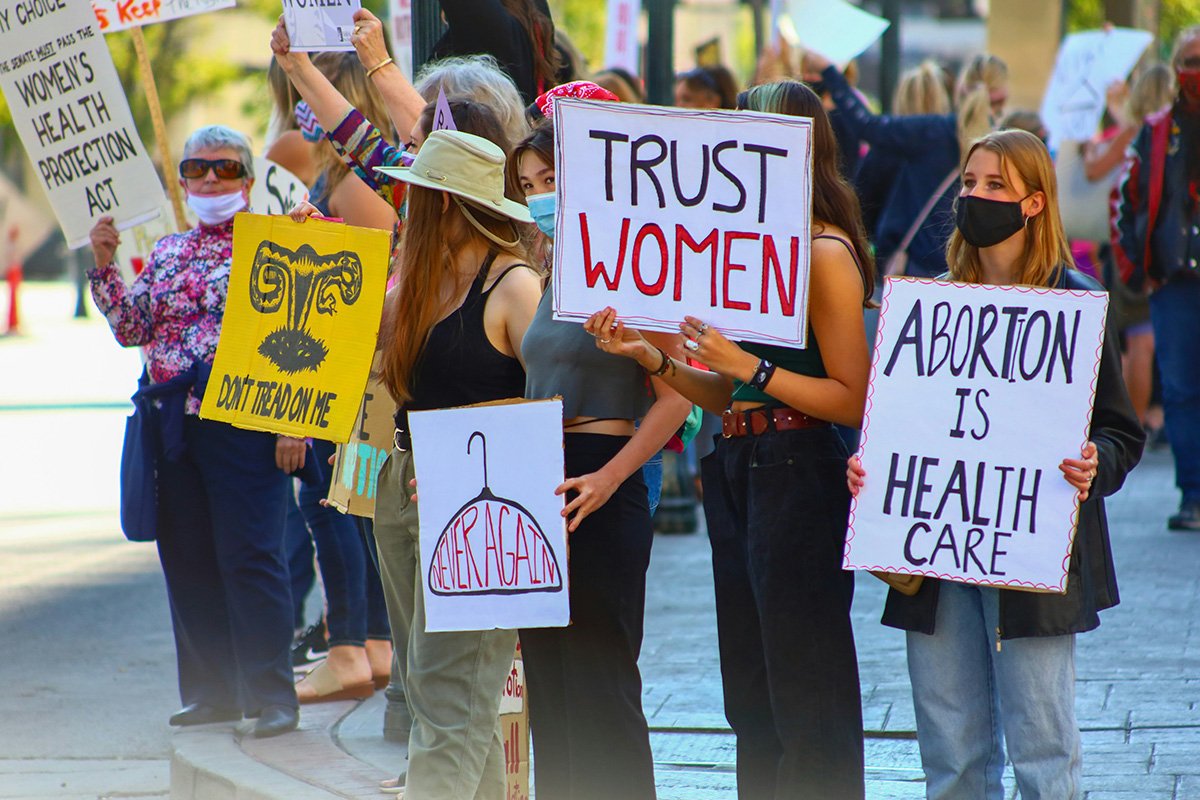
October 8, 2019; Slate and PBS NewsHour
The first Monday in October is often cited as a momentous day in Washington, DC. It is the opening day of the US Supreme Court and usually sets the tone for the year to come. This year, the Court did not disappoint. But that “first Monday” moniker may need to be extended to the first week, and perhaps even further. This year’s agenda of cases contains some truly momentous issues, from immigration to LGBTQ rights and from DACA (Deferred Action to Childhood Arrivals) to reproductive rights. And nonprofits should be paying special attention, as there will be impact no matter which way the Court swings.
Two different cases heard during this first week are noteworthy. One focuses on jury verdicts; the other, which was widely watched and speculated on, combined two cases of LGBTQ work discrimination claims. Each brings to light the changed composition of the Court and the potential effect of that on the final outcomes of these decisions. And, each one rests on how the justices choose to interpret laws written many years before.
Looking at the case on jury verdicts, Ramos v. Louisiana, the question before the court was whether or not these verdicts needed to be unanimous. In two states—Louisiana and Oregon—only 10 of 12 jurors must vote to convict. The plaintiff was calling “foul,” and based on the arguments heard in the Court, the Supreme Court might be leaning their way. Bigotry and antisemitism were at the core of both states’ use of non-unanimous juries, remnants of Jim Crow laws that remained entrenched in our legal system. The matter was complicated by the fact that federal juries need to reach unanimous decisions, but state juries do not.
If, in 2020, the Court finds for the plaintiff, and unanimous verdicts become the law of the land, will that overturn verdicts of convicted felons? Will the work of nonprofits working with prison populations or wrongful convictions be helped or harmed?
Questions about impact were certainly raised during these arguments and addressed by Justices Neil Gorsuch and Brett Kavanaugh. Justice Gorsuch stated, “You say we should worry about the 32,000 people imprisoned. One might wonder whether we should worry about their interests under the Sixth Amendment as well. And then I can’t help but wonder, well, should we forever ensconce an incorrect view of the United States Constitution for perpetuity, for all states and all people, denying them a right that we believe was originally given to them—because of 32,000 criminal convictions in Louisiana?”
He was followed by Justice Kavanaugh, who noted that “the rule in question here is rooted in racism” in a desire “to diminish the voices of black jurors in the late 1890s.” Given this, it seems the justices are likely to invalidate non-unanimous jury convictions in criminal cases, although you can never be sure until the final decision is issued.
Meanwhile, there was much greater uncertainty in the cases that followed the next day.
Sign up for our free newsletters
Subscribe to NPQ's newsletters to have our top stories delivered directly to your inbox.
By signing up, you agree to our privacy policy and terms of use, and to receive messages from NPQ and our partners.
Cases involving LGBTQ rights are often divisive among the Court, and especially so when it comes to employers’ rights to hire and fire people based on how they identify and who they love. The US Supreme Court has addressed LGBTQ issues in the past on matters such as marriage equality and workplace rights and has come down on both sides of this issue. In this opening week, the Court chose to combine two cases of workplace discrimination that rest on how you define and interpret one word—“sex.”
In the combined cases of Bostock v. Clayton City, GA and Altitude Express, Inc. v. Zarda, the plaintiffs were fired for being openly gay. And in R.G. & G.R. Harris Funeral Homes, Inc. v. EEOC, the plaintiff was fired because of her transgender status. The two hours of arguments before the Court were described as “lively,” as were the protests outside the courthouse. While it seemed clear the four liberal justices favored the arguments put forward by the plaintiffs, there was less unanimity among the more conservative justices.
It was again Justice Gorsuch who spoke out, saying there were strong arguments in favor of the workers. But he covered his statement with the suggestion that it was not necessarily up to the courts, but rather Congress, to change the law in this area.
“It’s a question of judicial modesty,” Gorsuch said.
What this all may come down to is how the Court interprets the term “sex” in the 1964 Civil Rights Act. “Sex means whether you’re male or female, not whether you’re gay or straight,” Noel Francisco, Trump’s top Supreme Court lawyer, said. But others would disagree:
Justice Ruth Bader Ginsburg pointed out that the term “sexual harassment” was unknown in 1964, but now is considered sex discrimination. Justice Elena Kagan suggested sexual orientation is a clear subset of sex discrimination, saying that a man who loves other men cannot be treated differently by an employer than a woman who loves men.
And so, in this case, everyone is left wondering just how the justices will rule. It’s just the beginning of a US Supreme Court year jammed with cases that could change much for both the nonprofit world and the general public. For now, we wait.—Carole Levine












